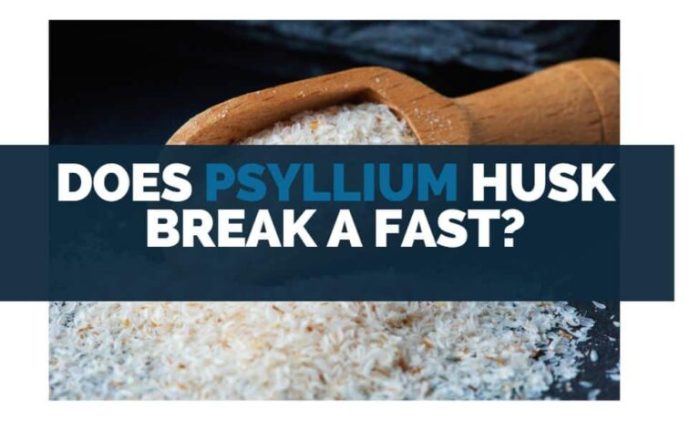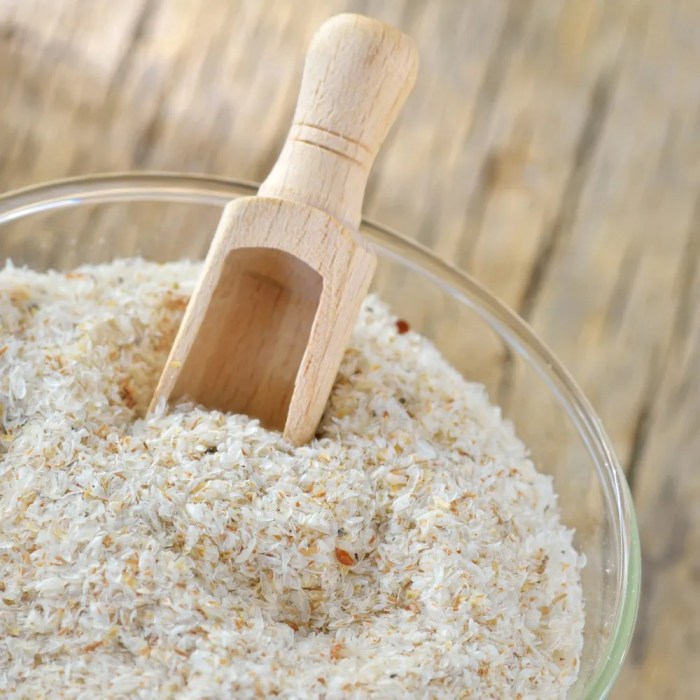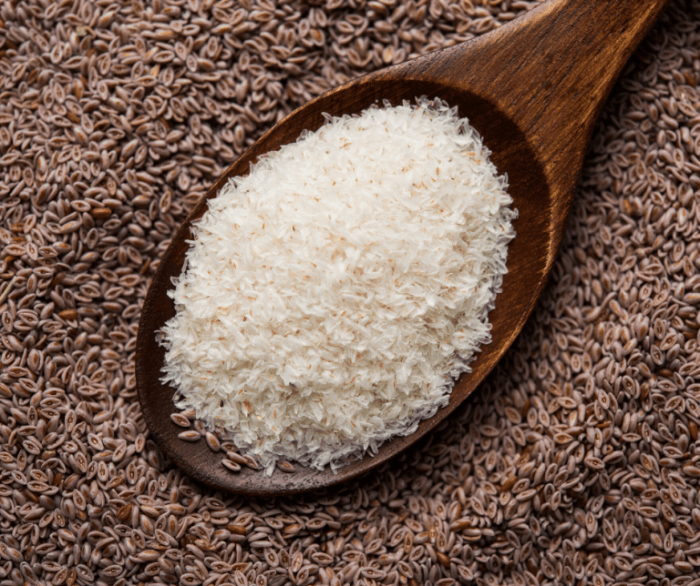Does psyllium husk contain oxalates – As the debate over whether psyllium husk contains oxalates intensifies, this article delves into the topic with meticulous research and expert insights. This in-depth analysis examines the oxalate content of psyllium husk, its potential impact on health, and alternative fiber sources for individuals sensitive to oxalates.
Beyond its role as a dietary supplement, psyllium husk has sparked interest due to concerns about its oxalate content. This article provides a comprehensive overview of the scientific evidence, offering a balanced perspective on the risks and benefits associated with psyllium husk consumption.
Definition of Oxalates and Psyllium Husk

Oxalates are naturally occurring compounds found in many plants. They can bind to minerals, such as calcium, and form crystals that can accumulate in the kidneys and cause kidney stones. Psyllium husk is a dietary supplement made from the husks of the Plantago ovata plant.
It is commonly used to relieve constipation and diarrhea due to its high fiber content.
Oxalate Content in Psyllium Husk
Psyllium husk contains a moderate amount of oxalates compared to other foods. According to the USDA National Nutrient Database, 100 grams of psyllium husk contains approximately 220 mg of oxalates. This is lower than the oxalate content of many leafy green vegetables, such as spinach and rhubarb, but higher than some other fiber sources, such as oatmeal and flaxseed.
Comparison to Other Fiber Sources

The following table compares the oxalate content of psyllium husk to other common fiber sources:| Fiber Source | Oxalate Content (mg/100g) ||—|—|| Psyllium Husk | 220 || Oatmeal | 5 || Flaxseed | 25 || Beans | 10-50 |For individuals with kidney stones or other health concerns related to oxalate consumption, it is important to consider the oxalate content of different fiber sources when making dietary choices.
Alternatives to Psyllium Husk for Oxalate-Sensitive Individuals

For individuals who are sensitive to oxalates, there are several alternative fiber sources with low oxalate content that can be used as substitutes for psyllium husk. These include:* Oatmeal
- Flaxseed
- Beans
- Lentils
- Chia seeds
- Quinoa
These foods are rich in dietary fiber and provide various health benefits, including improved digestive health and cholesterol reduction.
Health Implications of Psyllium Husk Consumption: Does Psyllium Husk Contain Oxalates
Consuming psyllium husk in moderation can provide several health benefits, including:* Improved digestive health: Psyllium husk is a soluble fiber that can help to bulk up stool and relieve constipation. It can also help to reduce diarrhea by absorbing excess water in the intestines.
Cholesterol reduction
Psyllium husk can help to reduce cholesterol levels by binding to cholesterol in the digestive tract and preventing its absorption into the bloodstream.
Blood sugar control
Psyllium husk can help to slow down the absorption of sugar into the bloodstream, which can help to control blood sugar levels in individuals with diabetes.However, excessive consumption of psyllium husk can cause digestive discomfort, such as gas, bloating, and abdominal pain.
It can also interact with certain medications, such as blood thinners and diabetes medications. Therefore, it is important to consult with a healthcare professional before making significant dietary changes, especially if you have any underlying health conditions.
Recommendations for Use
For individuals with oxalate concerns, it is recommended to consume psyllium husk in moderation and to be aware of its oxalate content. It is also important to drink plenty of fluids when consuming psyllium husk to help prevent dehydration and constipation.
If you have any concerns about oxalate consumption, consult with a healthcare professional for personalized advice.
Query Resolution
Is psyllium husk high in oxalates?
Yes, psyllium husk contains a moderate amount of oxalates compared to other fiber sources.
Can psyllium husk cause kidney stones?
While psyllium husk is generally safe for most individuals, excessive consumption may increase the risk of kidney stones in those with a history of oxalate-related conditions.
Are there alternative fiber sources with low oxalate content?
Yes, alternative fiber sources such as oatmeal, flaxseed, and beans have lower oxalate content and can be used as substitutes for psyllium husk.
